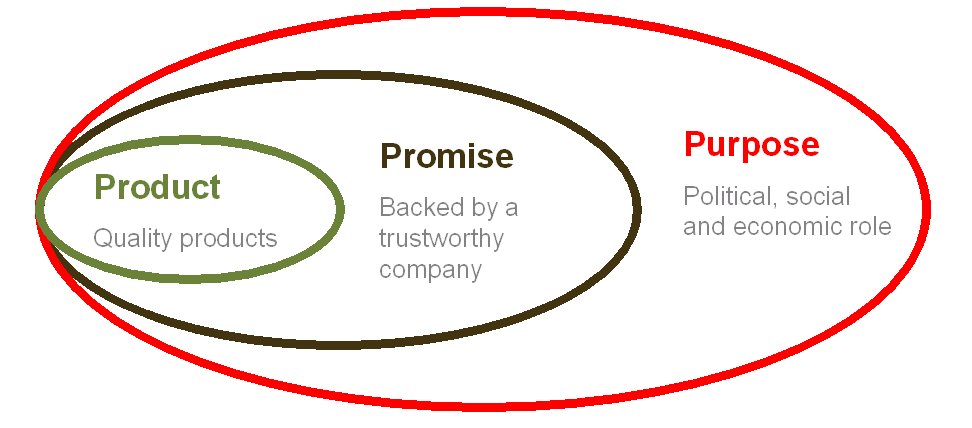It was just a matter of time before the kinds of people who vandalized brands at world economic summits resorted to brand cyber-vandalism. The Wikileaks hacktivists recognize brands as political symbols, targeting global brands like Mastercard, Visa, Paypal, Amazon, Twitter and Shell.
Gone are the days when a brand was a simple guarantee of product quality. Brands today play a greater political, social, and economic role. Brand power extends far beyond products and companies to symbolize more powerful companies and larger issues.
Because of their symbolic power, brands are regularly co-opted to attract attention and dramatize political issues. That is how The Gap has become a symbol for sweatshops, McDonalds for the obesity epidemic, Walmart for labor violations, Disney for cultural imperialism, Barbie for sexism and on and on. Many brands are more powerful than sovereign nations. Of the 100 largest economies in the world, 51 are corporations, not nations. This is exactly what has gotten Shell into trouble with the Wikileak revelations that the company is more powerful than the Nigerian government.
Brands as Political Symbols
Brands make abstract concepts simple and personal. Brands are in our homes, on our backs, and in our bodies. They are an accessible and satisfying target. Taking on armies and governments is daunting. Torching a Citibank or breaking the windows at a KFC is easy.
Ready or not, leaders of powerful brands must recognize that their roles and responsibilities have expanded. Symbolic use of brands in political, social, and economic debates is part of the new reality.



